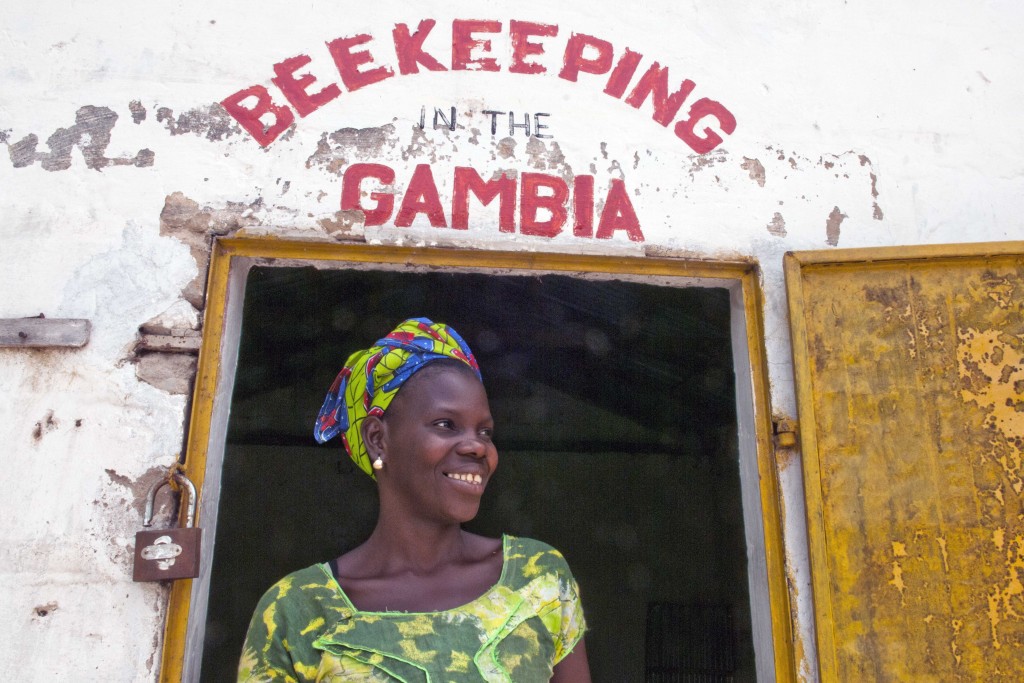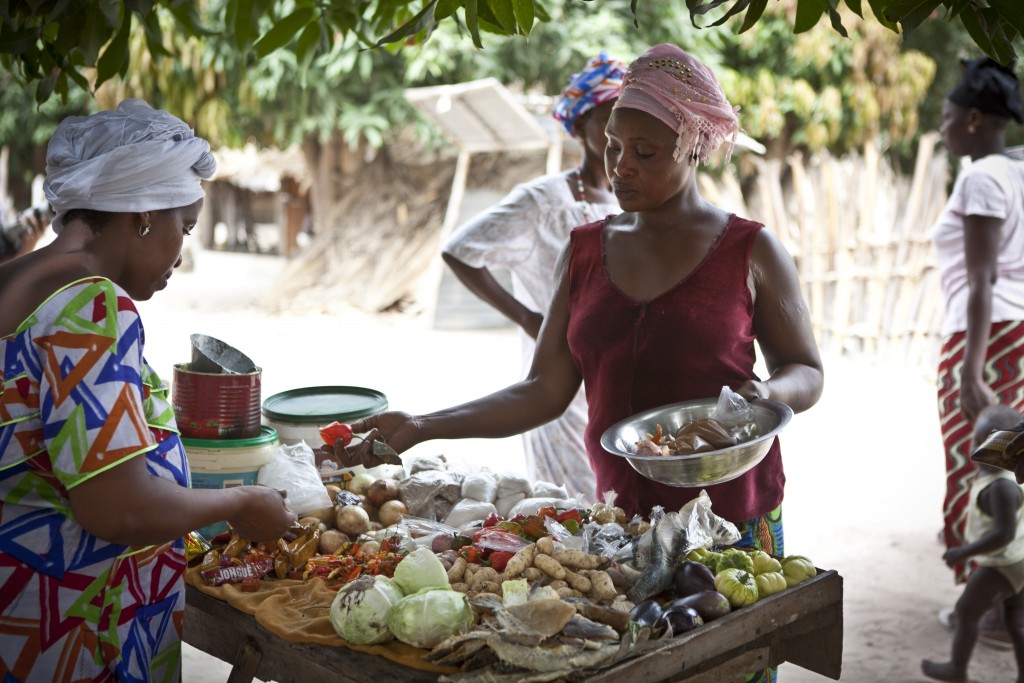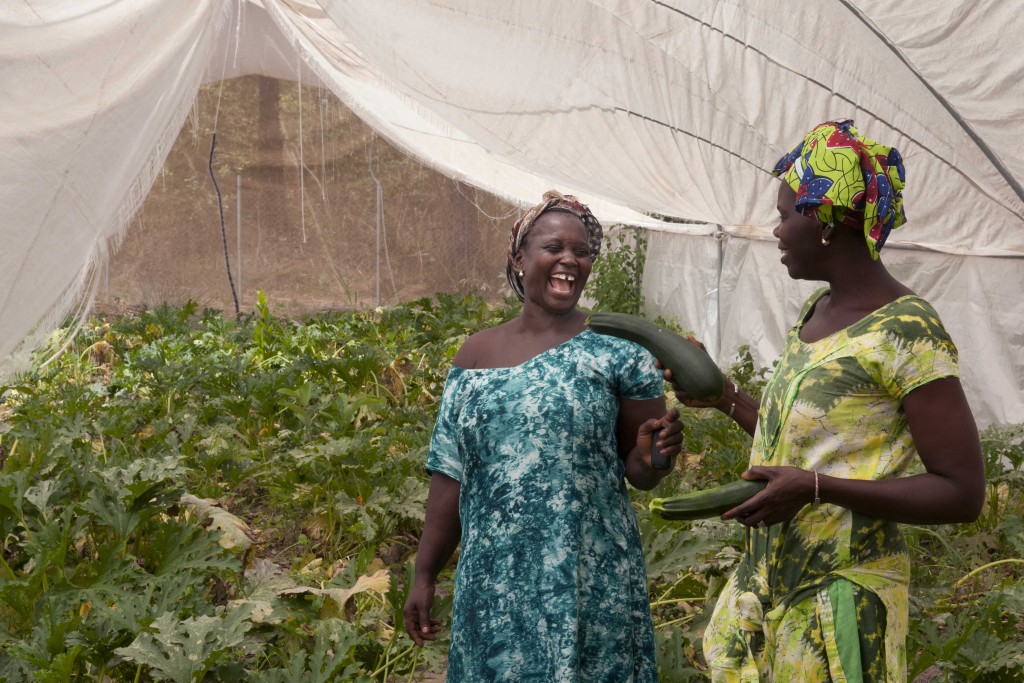In the past Village Aid has worked to support a number of different projects in countries across rural West Africa.
Covid-19 response in Guinea
Village Aid funded hygiene promotion and the distribution of kits and PPE in Maritime Guinea in 2020. To respond to the pandemic, Village Aid supported vulnerable communities with hygiene promotion (posters, radio/tv) and the distribution of hygiene kits and PPE.
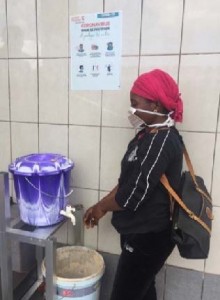 Covid Response in Cameroon
Covid Response in Cameroon
Village Aid responded to the Covid crisis by funding hygiene promotion and kits in Cameroon in 2020. Over 250 internally displaced people affected by the civil war in the North West region of Cameroon, from both the Mbororo herding and Non-Mbororo farming community, received Covid-19 kits comprising masks, hand sanitizers, soap, and some basic food items to help relieve pressure on household incomes. Hand washing basins were also distributed to be installed within communities.
Our partners, MBOSCUDA and NOWEFOR, also took part in training on how to sensitise communities on Covid 19 prevention, which enabled them to empower displaced communities through talks on what the virus is, and preventative measures as prescribed by the World Health Organization and the Government of Cameroon. Communities were reminded about symptoms and what to do in case symptoms occur.

Ghana
In Ghana, we worked with United Purpose and Northern Ghana Shea to build women’s skills in high quality shea butter production, and then supported them to reinvest profits into community development initiatives of their own making. We supported communities to link to buyers, to provide a regular, reliable income, improving access to markets for rural women, and ensuring they received fair prices for their nuts and butter.
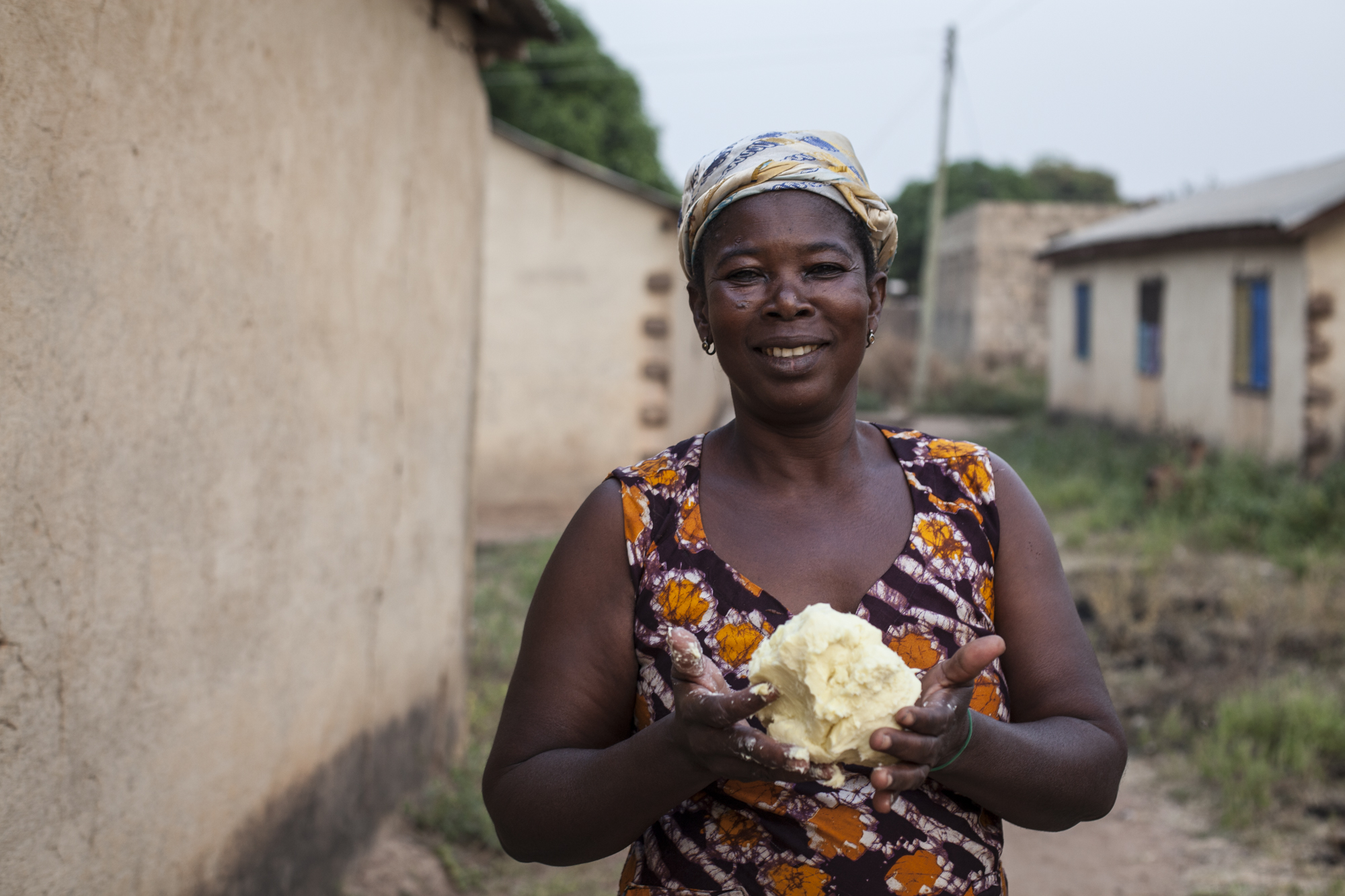
Senegal
Through EU funding, we worked in partnership with United Purpose and a local organisation to help communities improve their livelihoods and preserve the valuable forests in the Casamance region. The project helped create 1,909 ‘green’ jobs in fields such as fish processing, organic salt farming, processing of forest fruits such as hibiscus and sesame seeds, soap making, shoe making, bio charcoal, furniture and beekeeping. 12 forests are now under community management and 14,200 trees have been planted as a result.
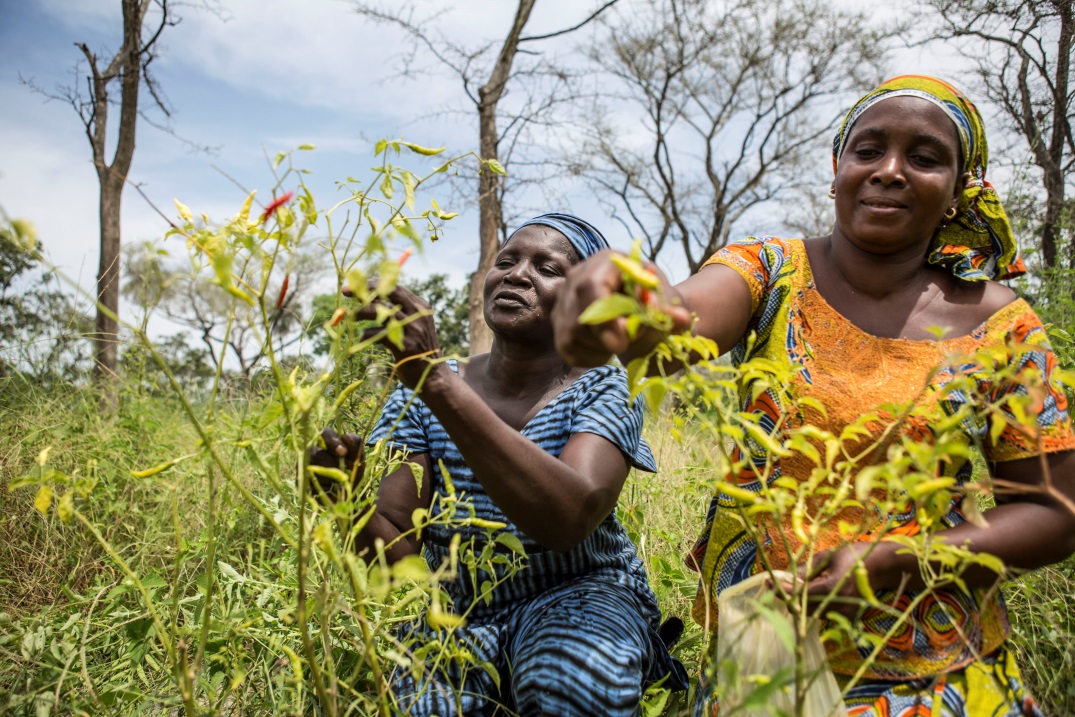
Guinea
Guinea is one of the poorest countries in Africa and it suffers from political instability. The majority of its 10.5 million-strong population live in rural areas and are heavily dependent on agriculture. A lack of access to clean water, and proper hygiene and sanitation is a particular challenge – and just 31% of people have access to proper sanitation facilities, making people vulnerable to diseases like cholera and diarrhoea. Open defecation is prevalent in many communities.
We have worked through local partners to provide people with clean water and educate communities about hygiene and sanitation. We strongly believe that communities should lead their own behaviour change, and our focus has been on using community-led techniques to bring about better hygiene and reduce disease.
Cameroon – Water for Peace in Akum, Cameroon (Big Give 2017 project)
This project provided a safe water supply to the people and livestock living in the rural community of Akum. This is in an area that has experienced conflict between semi-nomadic cattle herders and subsistence crop farmers for many decades, which was exacerbated by the community’s difficulties in accessing scarce natural resources, including safe water. The aim of the project to provide safe water in order to address this underlying conflict as well as reduce the prevalence of waterborne diseases such as diarrhoea, cholera and typhoid.
The new safe water supply scheme is now delivering a year-round supply of safe water to the 3,849 people and 1,822 livestock (cattle, horses, sheep and goats) living in Akum. Both the herder and crop farming communities that live side by side are now enjoying equal access to an abundant supply of safe water, with their livestock
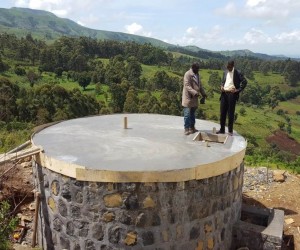
The Gambia
Completely surrounded by neighbouring Senegal, The Gambia is one of Africa’s smallest countries and has a population of just 1.8 million. Only half of the adult population is able to read and write, and The Gambia is one of the poorest countries on the continent. Food insecurity is a major challenge – and agriculture tends to be under-resourced and conducted at subsistence level.
We focused on supporting the poorest farmers to earn a decent living. Through our local partners, we supported farmers in agricultural best practices and to make the most of their resources and strengthen their businesses. We also worked to enable people to access vital microfinance loans and provide women’s groups with business and marketing training.
Sierra Leone
With a life expectancy of 41 years and a literacy rate of just 35%, Sierra Leone is one of the poorest countries in the world. Village Aid worked in Sierra Leone for over 20 years, throughout the devastating civil war, working with communities to enable them to develop their own solutions to their problems. Most recently, Village Aid supported the Masallay Academy in the town of Mile 91, which is 91 miles from the capital, Freetown. Youth Employment and literacy rates are amongst the lowest in the world. Youth have turned to negative coping strategies such as prostitution, crime and drugs to deal with their situation.
The civil war destroyed agriculture which was the main source of income for most households. Due to the massive destruction of infrastructure, there are limited opportunities for young people to re-establish themselves. Village Aid supported Masallay Academy with school fees, learning materials & uniforms, along with technical support to make the Academy more self-sustaining.
The team at the Masallay Academy and Orphanage have also engaged youth in a wide variety of income generating activities, such as hairdressing, screen printing and dressmaking. Through these activities and with the support of their local community, they were able to start a small farm, growing rice and cassava, which provides food for the orphans and produce to sell on the market.

